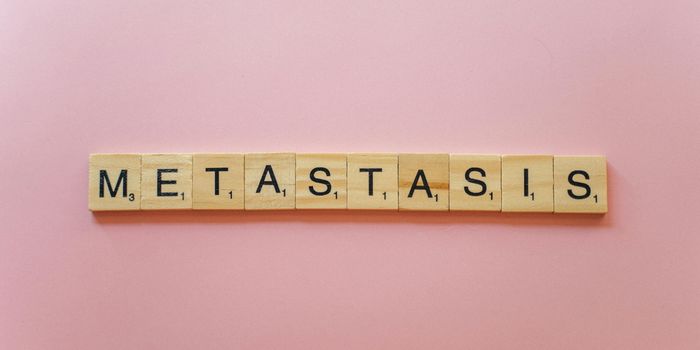Many drugs come with specific instructions to “take with food.” Even so, sometimes patients forget, and the consequences seem insignificant. However, prostate cancer patients may do well to be diligent in taking their medicine with food, as doing so may save them as much as $7,500 per month.
The drug Zytiga (abiraterone acetate) was approved for the treatment of prostate cancer in 2011 after clinical trials with this drug showed it extended survival by up to four months. While the gain may seem small, the difference is quite significant, according to researchers. "These are a group of patients for whom there is no standard of care and it is particularly gratifying to see these results, to say the least,” said Howard Scher, a physician at the Memorial Sloan-Kettering Cancer Center in New York City, and the lead author of the study on Zytiga and survival.
There is one huge drawback for the drug, however. Zytiga costs roughly $9,000 per month, and to see the gain in survival, patients typically have to take the drug for 1 to 1.5 years. For those with good health insurance, the co-pays are still significant at $1,000 to $3,000 per month.
Could it be possible to lower the dose of Zytiga while maintaining the same efficacy? Researchers tested this in a small trial of prostate cancer patients. Half of the patients took a lower dose of the drug (250 mg) with a low-fat breakfast, and the other half took the full dose of the drug (1,000 mg) with no breakfast.
The idea behind this study rests on the same principle as other drugs, which are directed to be taken with food. In essence, food triggers a host of physiological and biochemical changes that can sometimes increase the absorption of the drug by the body.
"We know this drug [Zytiga] is absorbed much more efficiently when taken with food," said Dr. Russell Szmulewitz, an assistant professor of medicine at the University of Chicago, and the study’s lead author.
The drug’s label instructs patients to take it on an empty stomach, but Szmulewitz thinks this may be a costly missed opportunity. "It's inefficient, even wasteful, to take this medicine while fasting, which is how the drug's label says to take it," he said.
Results of the small trial support this notion, showing no difference in outcome between those who took the lower dose of Zytiga with food, and those who took the higher dose without food. In other words, both groups had similar disease progression despite one group receiving 75 percent less of the same drug.
In terms of costs, reducing the dose of Zytiga to 250 mg could alleviate a huge financial burden for patients, saving up to $7,500 per month.
But researchers caution that the results are still preliminary and based on a very small trial of just 72 participants. Furthermore, the researchers warn against patients experimenting with drug doses on their own, as there are other factors to consider.
Additional sources: UPI
-
MAY 07, 2024Is It Anti-RNP or Anti-Sm/RNP?
- See More
-
APR 30, 2024Immuno-Oncology Virtual Event Series 2024
-
MAY 07, 20243rd International Biosecurity Virtual Symposium
-
MAY 23, 2024For the Love of Digital PCR 2024
- See More


















































